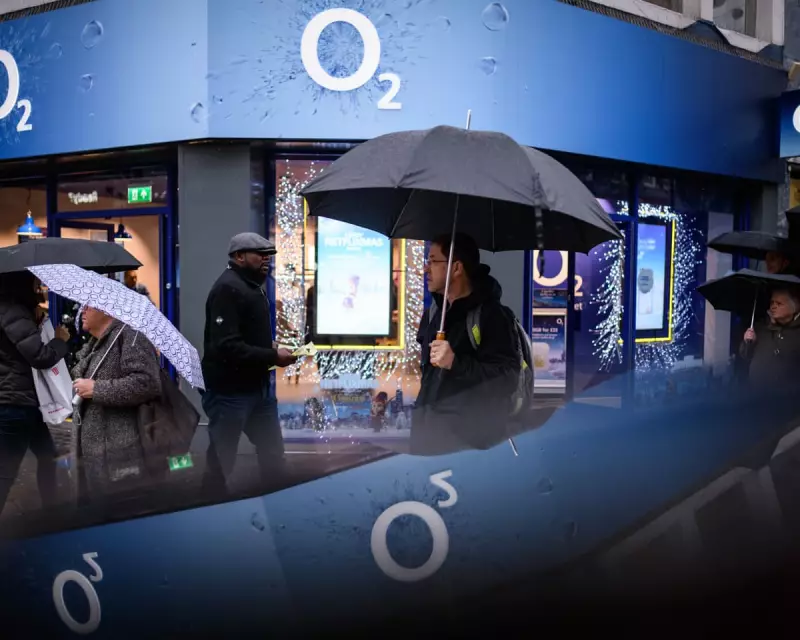
Mobile giant O2 faces severe criticism from the UK's communications regulator after being accused of deliberately circumventing new consumer protection rules designed to protect customers from unexpected price increases.
In a strongly-worded statement, Ofcom revealed that O2 has implemented pricing practices that "go against the spirit" of recently introduced regulations aimed at ensuring transparency in mobile contracts.
Exploiting Regulatory Loopholes
The controversy centres around new rules that came into effect earlier this year, requiring telecom providers to clearly inform customers about potential price increases before they sign contracts. These regulations were designed to prevent the shock of mid-contract price hikes that often exceed inflation rates.
However, Ofcom has identified that O2 has found ways to technically comply with the letter of the law while undermining its fundamental purpose. The regulator expressed particular concern that O2's approach could set a dangerous precedent across the industry.
Consumer Groups Express Outrage
Consumer advocacy groups have reacted with anger to the revelations, describing O2's actions as "a slap in the face" for customers who expected genuine protection from unpredictable billing increases.
"This is exactly why consumers lose trust in big telecom companies," said one industry watchdog representative. "When companies look for ways around regulations rather than embracing their spirit, it's customers who ultimately pay the price."
What This Means for Mobile Customers
The situation highlights ongoing concerns about pricing transparency in the telecom sector. Despite regulatory efforts, customers may still face:
- Hidden terms that allow for unexpected price increases
- Complex contract language that obscures true costs
- Potential for bills to rise significantly during contract periods
Ofcom has indicated it will monitor the situation closely and may consider further regulatory action if companies continue to exploit loopholes in the new rules.
The regulator's public criticism of O2 serves as a warning to the entire industry that technical compliance alone may not be sufficient to meet their obligations to customers.





